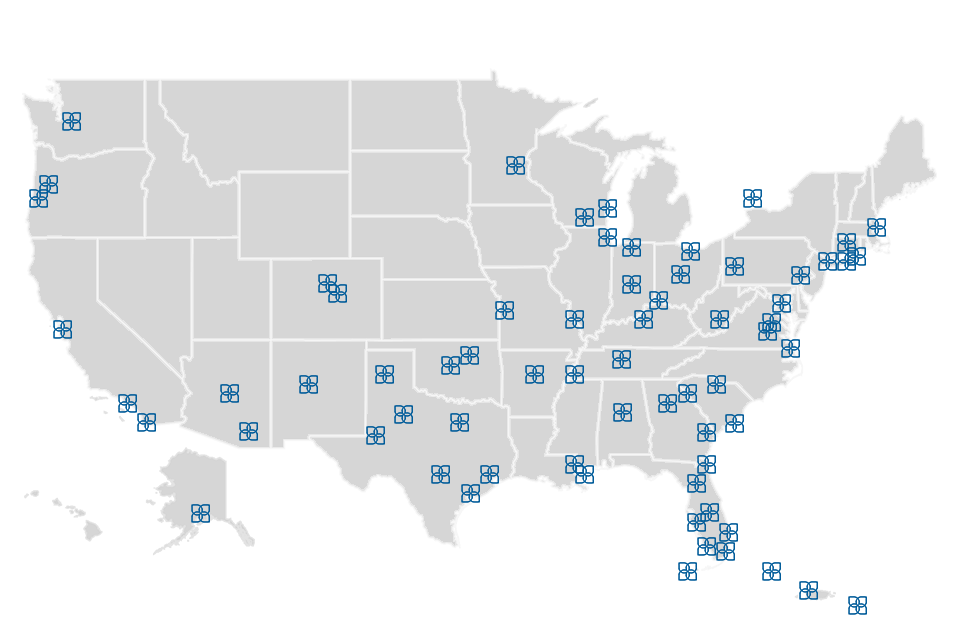Despite uncertainty about its direct economic impact, Tampa Bay business leaders are optimistic about the Super Bowl’s marketing value to the region.
by Editorial Staff, Business Observer
Lou Plasencia was quoted in this article published on November 13, 2020. The article is also available on the Business Observer website.
_____________
The Tampa Bay chapter of the Urban Land Institute looked at how much the coronavirus pandemic has ravaged the region’s tourism and hospitality industry during a Nov. 5 webinar. With the biggest of big games — the Super Bowl — coming to Tampa for a fifth time Feb. 7, the uncertain outlook of the COVID-19 crisis has cast doubt on whether hosting one of the world’s most-watched sporting events will bring a sorely needed economic shot in the arm for the area’s hoteliers and restaurateurs.
Lou Plasencia, CEO of the Plasencia Group, a Tampa firm that specializes in sales and consulting services for the hospitality industry, says Tampa Bay is faring much better than other regions when it comes to revenue per available room (RevPAR), a key hospitality sector metric. As of September, Plasencia reports, the region’s RevPAR was $55.76, a decline of 40.7%, year-to-date. Contrast that with Nashville, Tenn., with a RevPAR that has plunged 59.8%. Only one other Florida market — Fort Lauderdale, down 36.2% — was doing better than Tampa Bay in terms of RevPAR.
“We were heading into a great time when COVID-19 hit,” Plasencia says. “But compared to the rest of the U.S., we are holding our own pretty well. Revenues here have declined less than the balance of the nation.”
Plasencia doesn’t see a return to normalcy anytime soon, however, and he expects larger hotels, in particular, to be challenged until at least the end of 2021. “Fortunately, we have a Super Bowl coming at us,” he says. “It gives us great exposure — it’s exposure you can’t buy.”
Tampa restaurateur Maryann Ferenc, CEO of Mise En Place, an upscale restaurant in South Tampa, agrees on the exposure front, saying on the ULI webinar that she isn’t fazed by the spectre of a less-than-full Raymond James Stadium for Super Bowl LV.
“We won’t have the same number of folks, most likely, because of the pandemic,” Ferenc says, “but that won’t change the story that we’ll get to tell on video and in news stories, magazines, online and in blogs. We’re this urban paradise, and the marketing that happens at a major event tells that story better than anything else can.”


